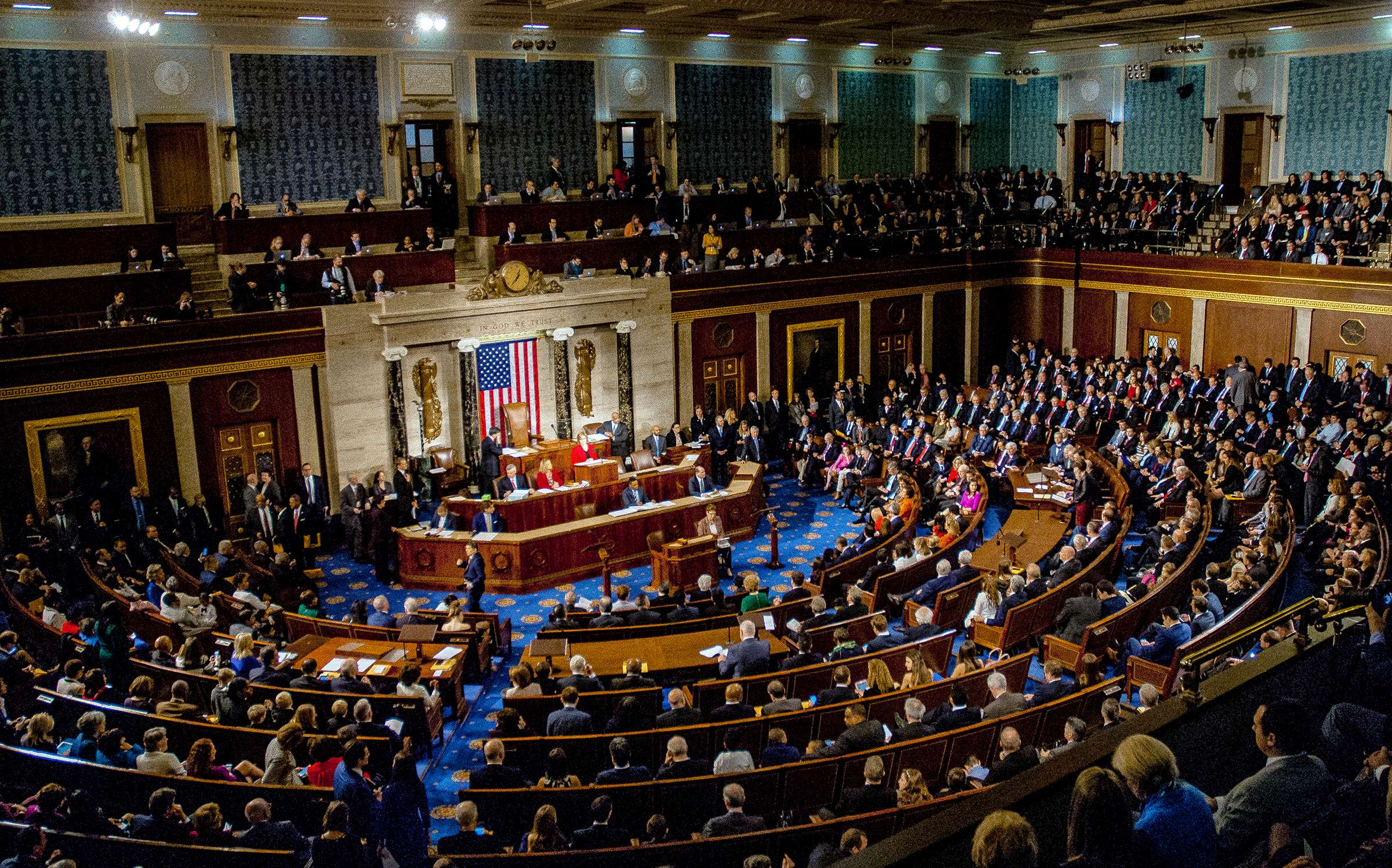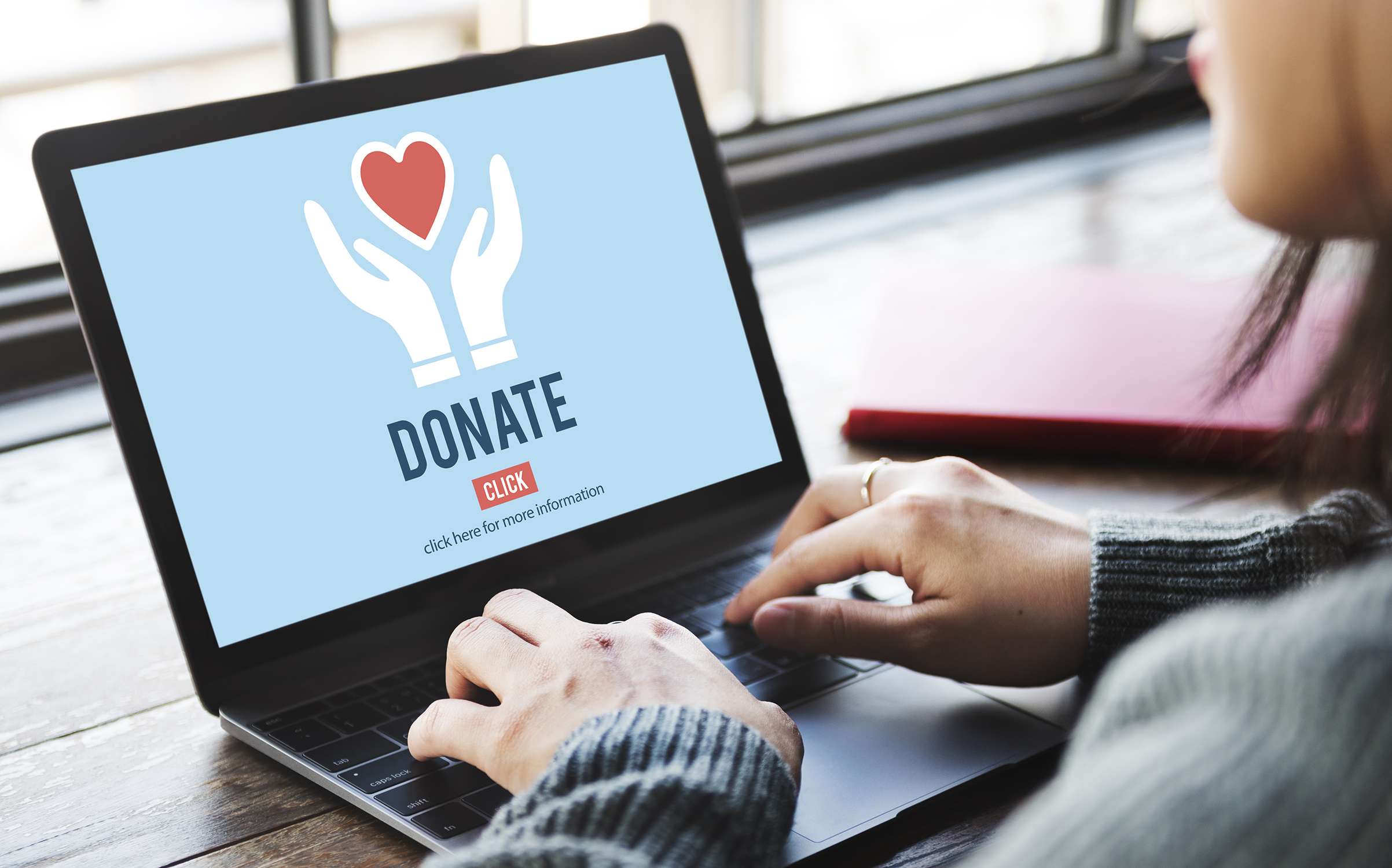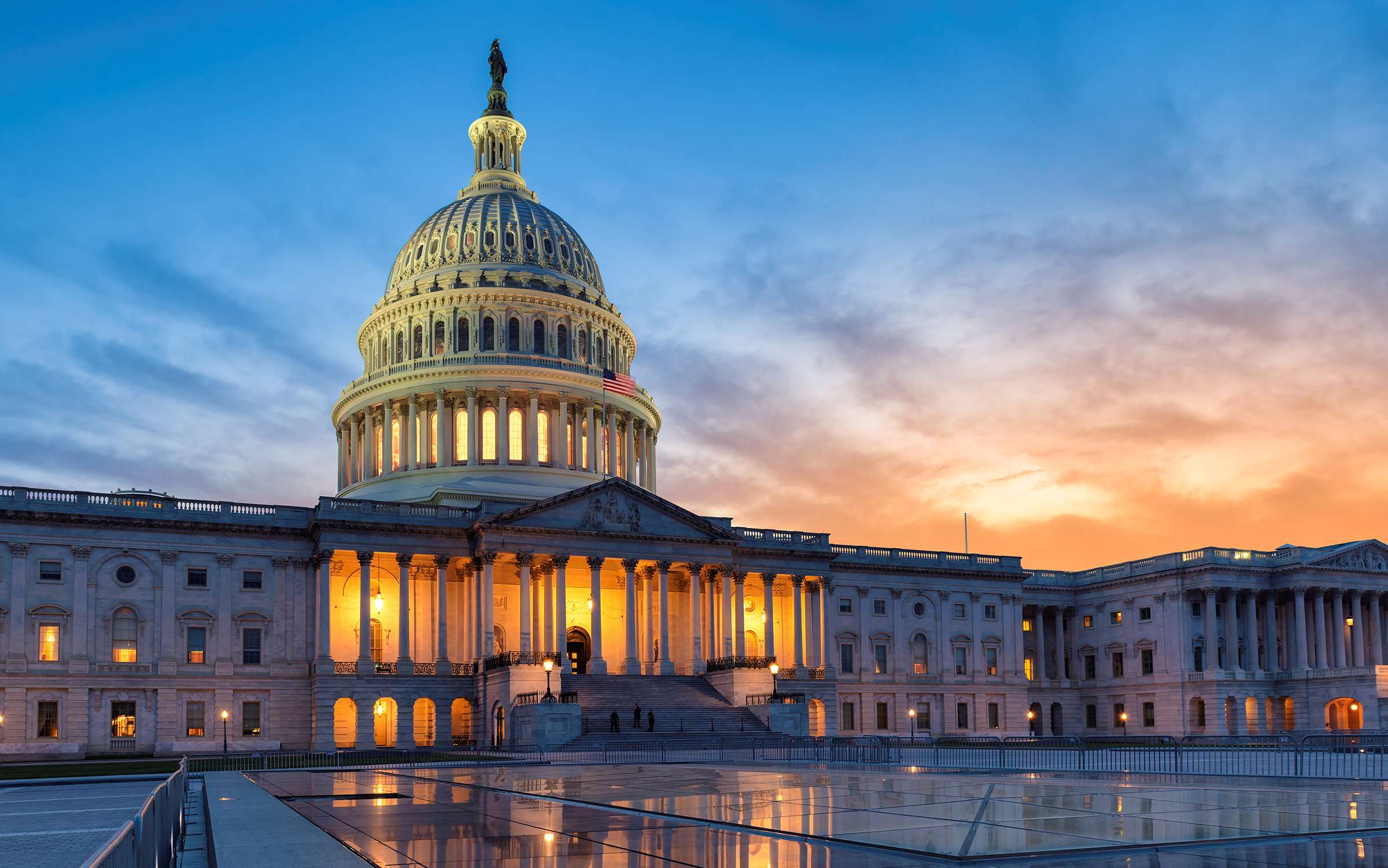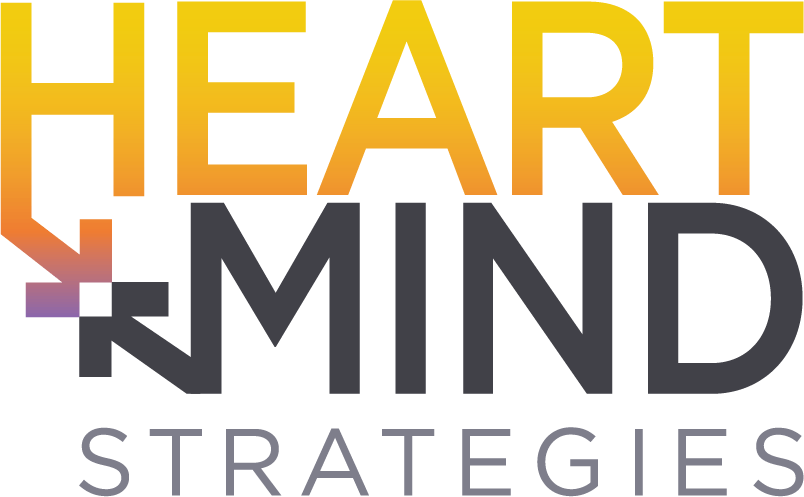Case Study
People United for Privacy Foundation
ISSUES + ADVOCACY
Foundations + Philanthropies
Motivating voters to support donor privacy.

THE CHALLENGE
In January 2019, the For the People Act (H.R.1) was introduced into Congress. to eliminate “dark money”. The bill included several provisions, including requirements for non-political non-profits to disclose their donor and membership lists to the public. Requiring donors names and addresses to be given to Government radically impacted donors and the non-profits that depend on them.
With the party flip in the White House in the 2020 elections and possible Democratic control of both houses of Congress, People United for Privacy Foundation wanted to be equipped with the best arguments and communications to advocate against regulations that restrict freedom to give to non-profits.

OUR STRATEGY
We conducted a 23-minute online survey among registered voters in Michigan. The study covered a range of topics related to non-profits and the need to keep their donors confidential. Specifically, we sought data on respondents’ views on the role of non-profits in American society, the role of NAACP in civil rights, the dangers of revealing donors, the case for keeping donors private, the provisions in H.R.1, and the impact on favorability of elected officials supporting H.R.1 and related polices.

IMPACT
Our research showed that most voters see giving as a form or free speech. Moreover, messaging on privacy and security is the most effective at moving voters to oppose donor disclosure provisions such as those in H.R.1. and we found that this issue cuts across all major groups.
Our Word Equity tool found ”private giving” and “donor privacy” as the key terms to turn the tide pushing “dark money” reforms. These terms and messaging framing strategies changed the debate and trajectory of government collecting information and data on givers.
Our work resulted in a more effective messaging strategy for the Foundation’s advocacy against donor restriction regulations in non-profits.
